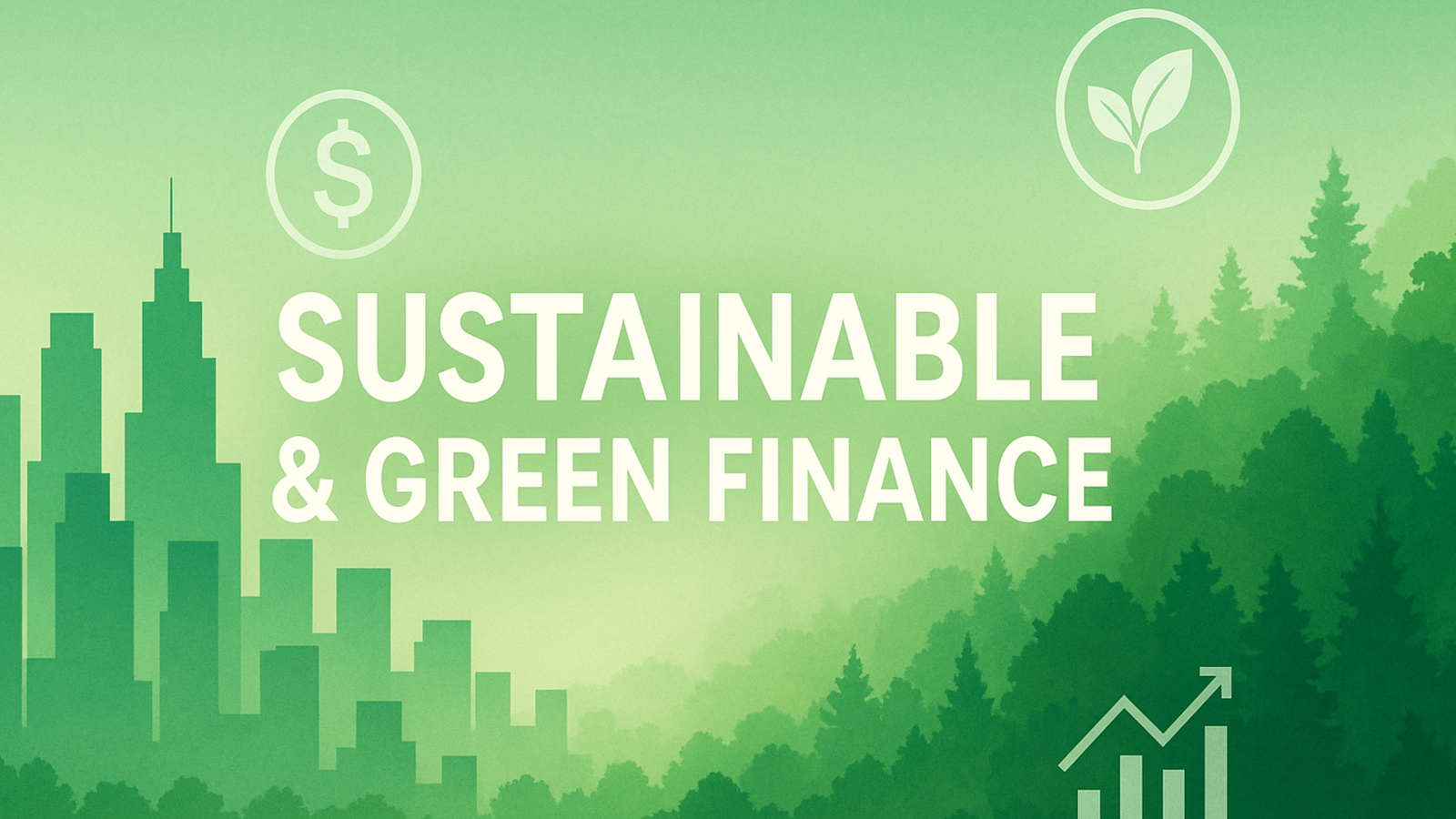When you scroll through Instagram, it may seem like everyone in their 20s is living paycheck to paycheck—or splurging on designer bags and exotic vacations. But behind the scenes, a different trend is emerging: young professionals quietly hitting $100K net worth before 30. They’re not flaunting it on social media; they’re building wealth strategically.
In this article, we’ll explore how 20-somethings are achieving financial success, the strategies they use, and how you can join the ranks of the “silent rich.”
1. Why $100K Matters More Than You Think
Hitting $100,000 in net worth early in life is a game-changer. It’s not just a number—it’s momentum. With the power of compound interest, your first $100K does the heavy lifting for future growth. Charlie Munger, Warren Buffett’s legendary partner, once said:
“The first $100,000 is a b***h, but you gotta do it.”
That first milestone accelerates your ability to build wealth, giving you financial freedom options much earlier than your peers.
2. The Secret Sauce: Start Early, Stay Consistent
The most powerful advantage 20-somethings have? Time. Investing early—even small amounts—compounds over decades. Here’s how the math works:
- If you invest $500/month at 8% annual return, in 10 years you’ll have $91,473.
- Keep going for 20 years, and that turns into $295,000.
Automation is key. Most affluent millennials who are silent about their wealth set up automatic contributions to retirement accounts, high-yield savings accounts, and low-cost index funds. According to Investopedia, passive investing through index funds and ETFs is one of the simplest and most effective wealth-building strategies.
3. They Avoid Lifestyle Inflation
One of the biggest traps young earners fall into is lifestyle inflation—spending more as you earn more. Silent rich 20-somethings fight this by:
✔ Keeping their core expenses low
✔ Delaying expensive car purchases
✔ Living with roommates or house hacking
They focus on value-based spending: splurging on what truly matters to them while cutting ruthlessly on things that don’t.
4. Side Hustles and Skills Trump Coffee Cutting
Forget the “skip the latte” advice—it’s outdated. The real key to building wealth in your 20s is growing your income. A $5 coffee won’t make or break your financial future, but an extra $500 from freelancing or consulting will.
Young wealth builders are leveraging:
- Freelance work (design, writing, coding)
- Remote side hustles (virtual assistance, social media management)
- Digital assets (blogs, e-commerce, online courses)
This approach aligns with findings from Business Insider, where millennial millionaires attribute their success to income growth rather than extreme frugality.
5. Smart Investing: The Core Wealth Engine
The silent rich understand that savings alone won’t make them wealthy—they invest. Common strategies include:
- Low-cost index funds and ETFs
- Employer 401(k) matches (free money!)
- Roth IRAs for tax-free growth
- Dividend stocks for passive income
Some even explore sustainable investing, aligning money with values. This is where ESG investing and green bonds come in. For a deeper dive into how sustainable finance and transition finance are shaping modern portfolios, check out this resource on sustainable green finance, ESG, and green bonds. It’s a must-read if you care about building wealth responsibly.
6. Debt Management: Playing Defense Before Offense
Silent wealth builders avoid high-interest debt like the plague. Paying 20% APR on credit cards will crush your savings faster than any investment return can help. According to LendingTree, the average credit card APR in the U.S. hovers above 20%, making it critical to pay off balances in full.
Top strategies include:
✔ Paying off credit cards monthly
✔ Refinancing student loans at lower rates
✔ Using the debt avalanche method for maximum savings
7. Automating Financial Habits
The silent rich automate everything:
- Direct deposits to savings and investments
- Automatic bill payments
- Recurring investment contributions
Why? Automation removes willpower from the equation. When saving becomes non-negotiable, your wealth grows silently in the background.
8. Avoiding the Social Media Trap
Scrolling through Instagram can make you feel like everyone else is living a better life. But the truth? Many are financing those vacations with debt. Silent rich 20-somethings prioritize long-term security over short-term flexing.
As Harvard Business Review notes, social comparison can lead to financial stress and poor spending habits. Instead, focus on your personal financial journey, not someone else’s highlight reel.
9. Investing in Themselves
The highest ROI investment you can make is in your own skills and knowledge. Whether it’s coding, marketing, or data analytics, skills compound like money. Many silent rich individuals allocate part of their budget to online courses, certifications, and books.
10. Playing the Long Game
The silent rich aren’t trying to get rich overnight. They understand wealth building is a marathon, not a sprint. With a solid plan, discipline, and time, $100K is just the beginning.
How to Start Your Journey to $100K
- Track your net worth monthly
- Automate savings and investments
- Increase your income (side hustles, skill building)
- Avoid lifestyle inflation
- Stay consistent for 5–10 years
Key Takeaways
- Time + consistency = wealth
- Cutting coffee won’t make you rich, but increasing income and investing early will
- Focus on sustainable wealth-building habits, not social media comparisons
- Align investments with values—consider ESG and green finance for impact and returns
Final Thoughts
Building a $100K net worth in your 20s isn’t about luck or extreme sacrifice. It’s about intentional choices—living below your means, growing your income, investing early, and letting compounding do its magic.
The silent rich aren’t louder because they don’t need to be. Their money speaks for them.
Disclaimer
The information provided in this article is for educational and informational purposes only and should not be considered financial advice. Every individual’s financial situation is unique; therefore, strategies mentioned here may not apply to everyone. Before making any financial, investment, or debt-related decisions, consult a qualified financial advisor. We do not guarantee specific outcomes or returns. Any links provided to external sources are for reference only, and we are not responsible for the content or accuracy of third-party websites.









